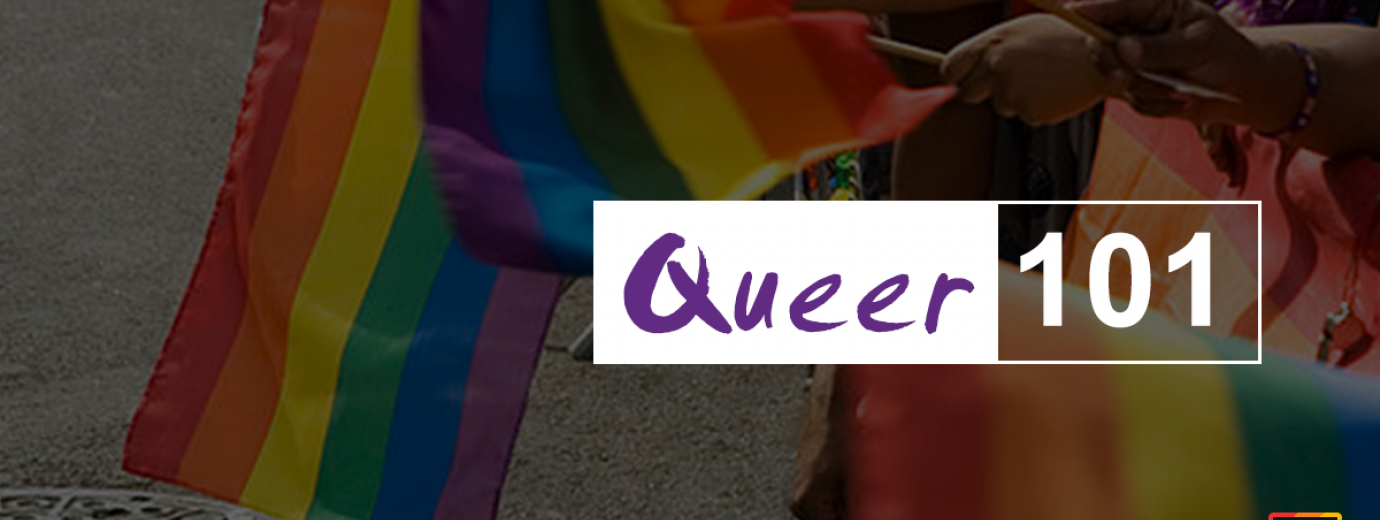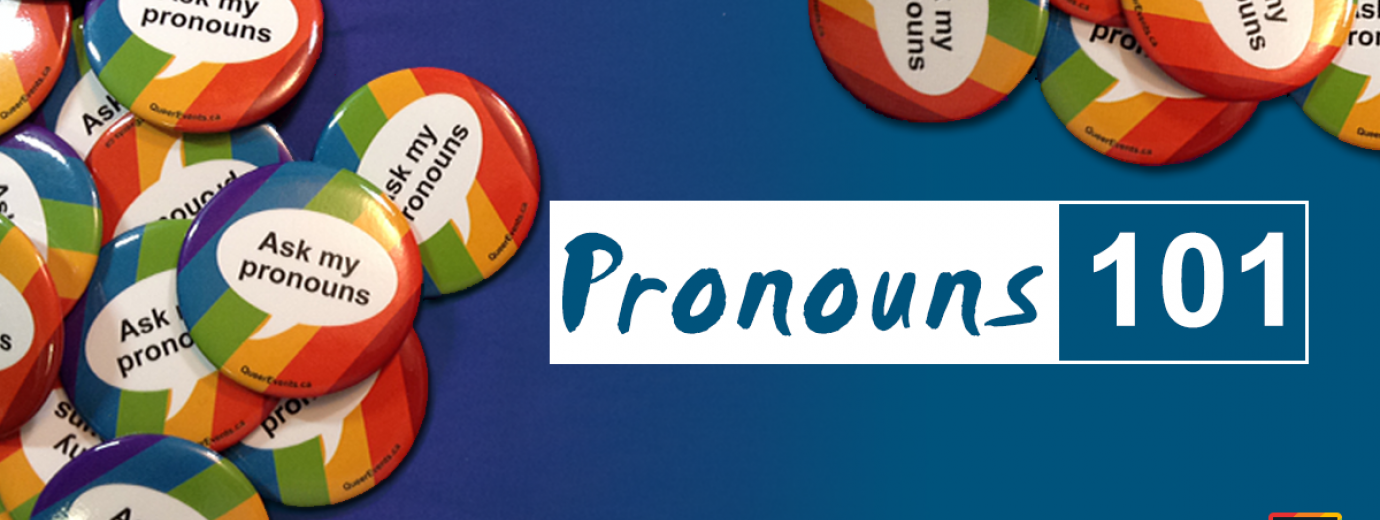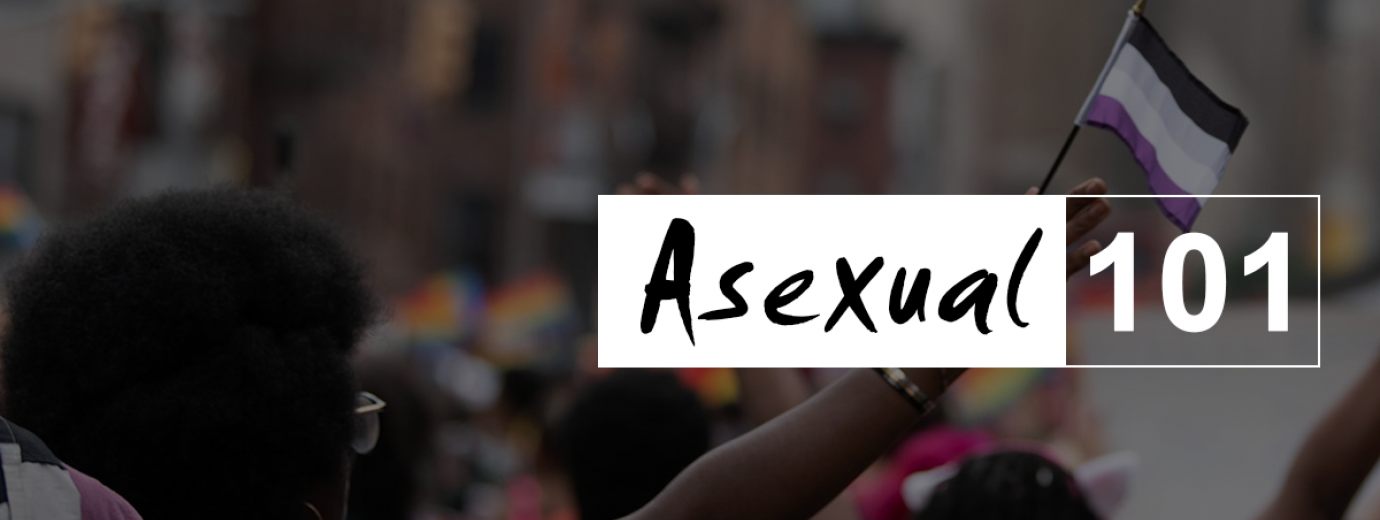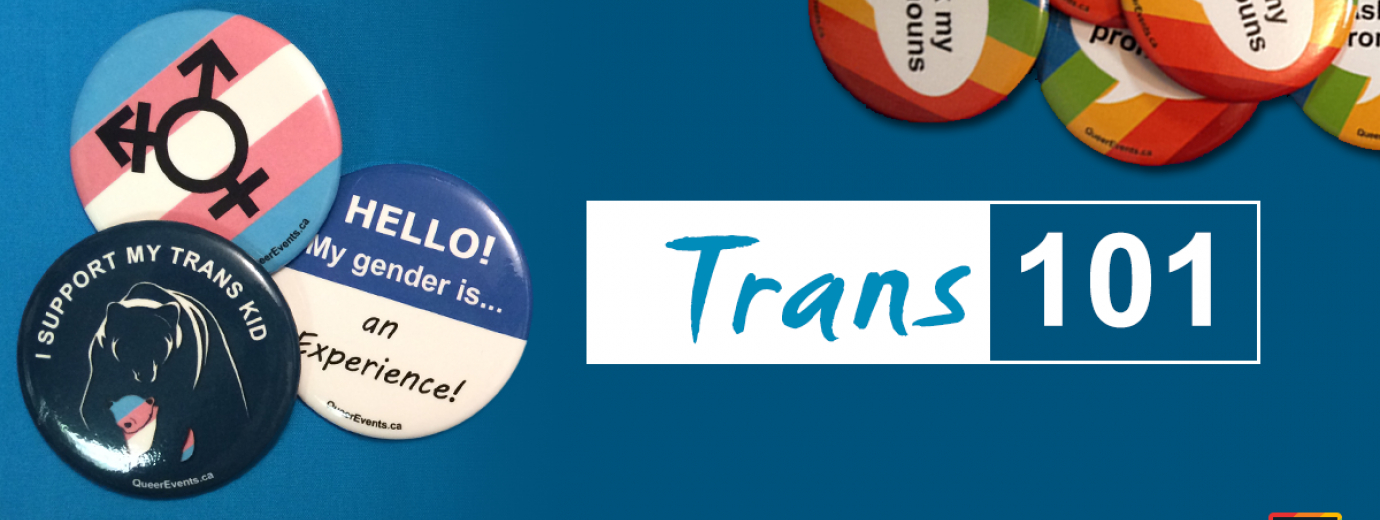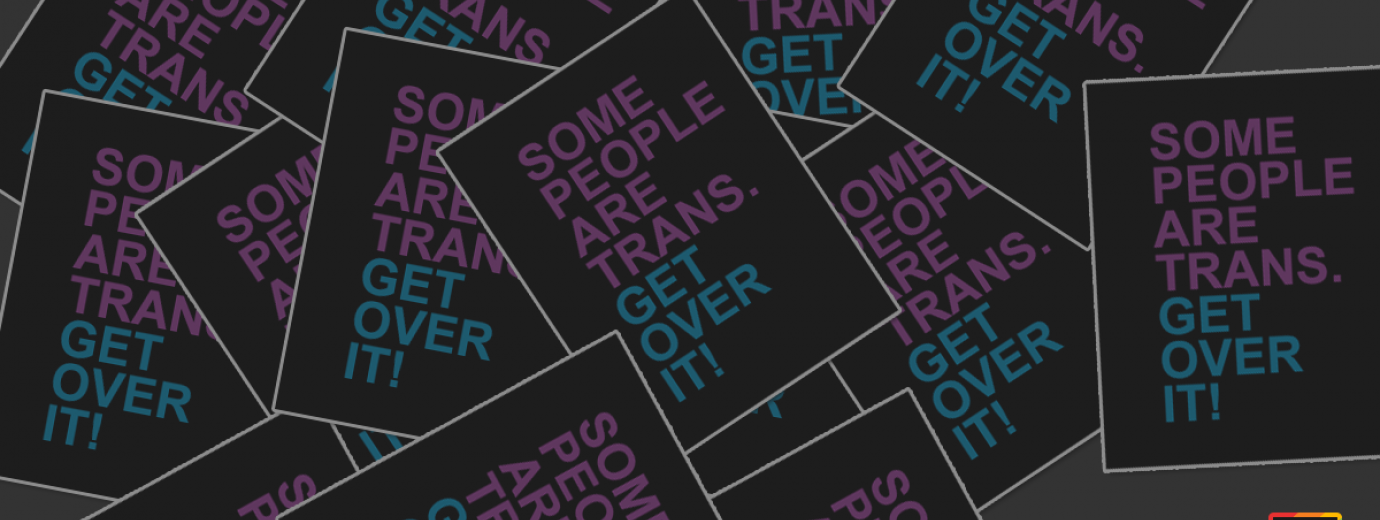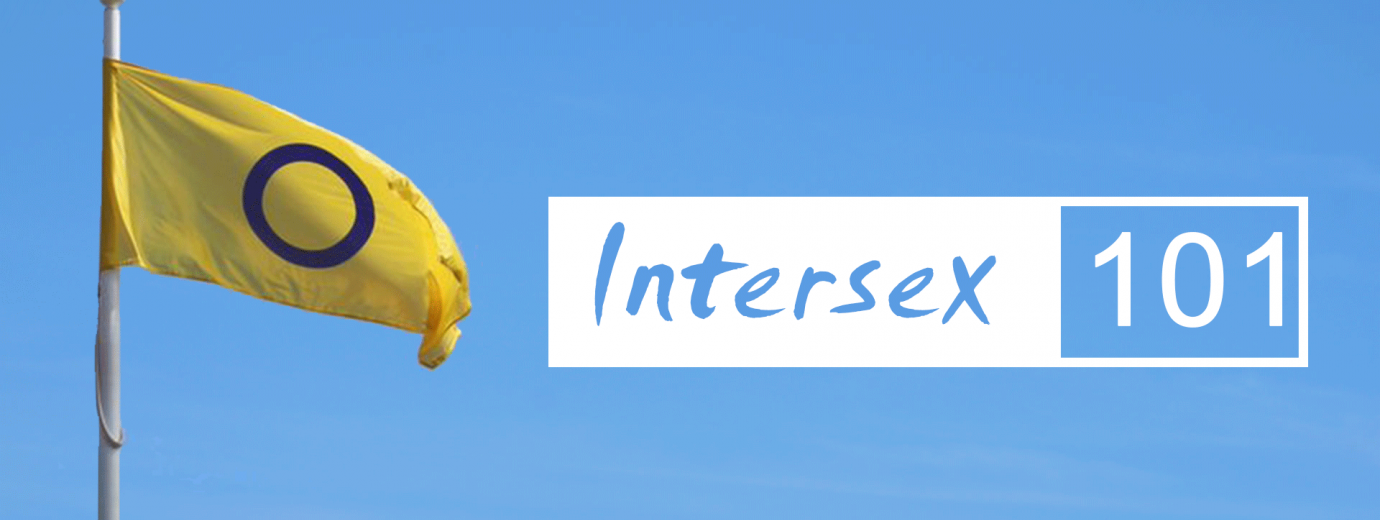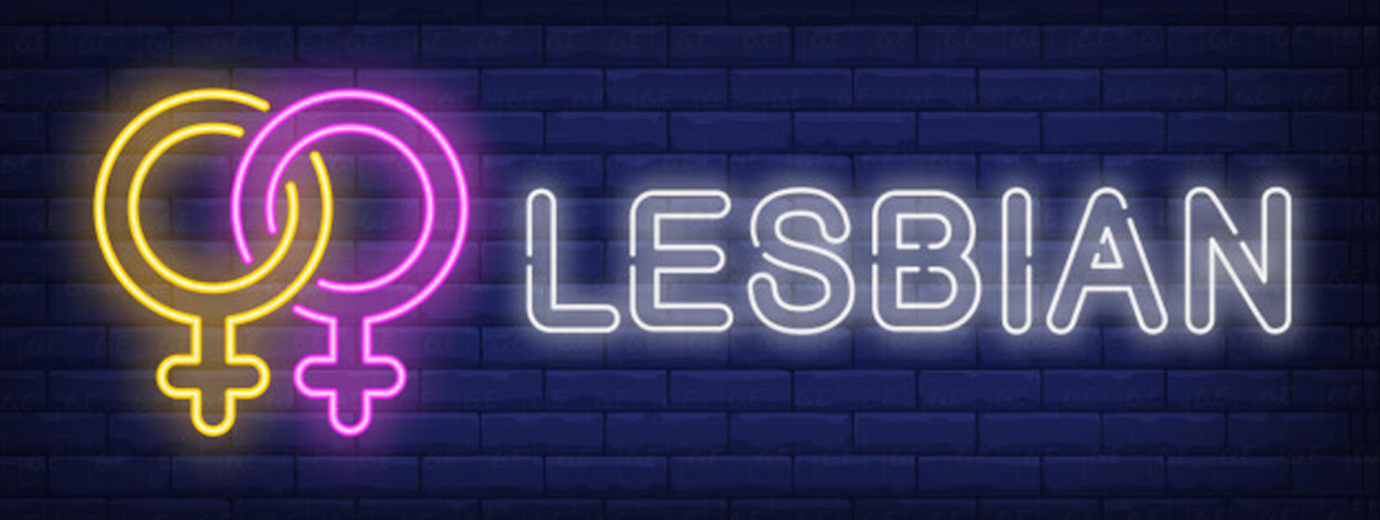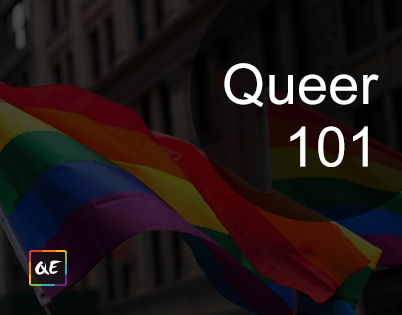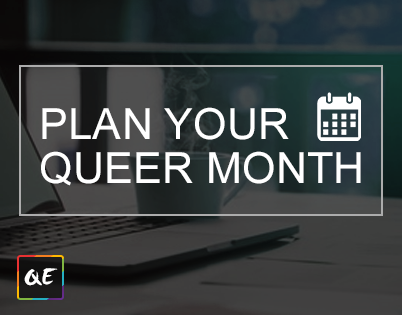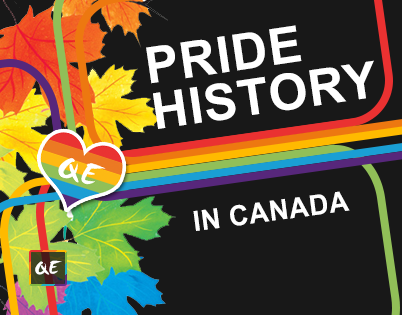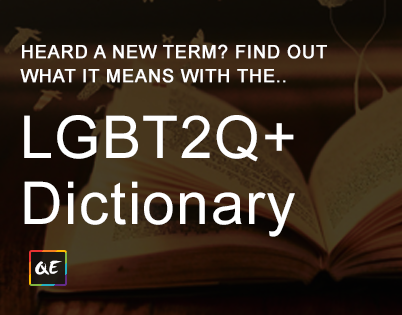Pronouns & the Queer Community
What is a Pronoun?
Pronouns are words that are used in place of nouns. If you say "That's Raina, She is nice," the word "she" is the personal pronoun which is being used in place of "Raina".
What is a Gender Neutral Pronoun
A gender neutral or gender inclusive pronoun is a pronoun which does not associate a gender with the individual who is being discussed.
There are many different pronouns that exist in the world, and you are the only person who can decide which pronoun if any is the right one for you.
What's the difference between Sex & Gender?
When we speak of the two, sex refers to someone's physical parts whereas gender, more commonly referred to as gender identity is how we feel and express our own gender whether male, female, variant or as having none at all.
Sex
The medical classification of people as male, female or intersex, usually assigned at birth based on the appearance of a person’s anatomy. Sex characteristics include chromosomes, hormones, secondary sex characteristics, and other aspects of the body.
Gender Identity
Each person’s internal and individual experience of gender. It is a person’s sense of being a woman, a man, both, neither or anywhere on the gender spectrum. This sense of self is separate from biological sex assigned at birth and is not related to sexual orientation. Since gender identity is internal, it is not necessarily visible to others.
Queer Events Workshops & Sensitivity Training
Increase your teams 2SLGBTQIA+ Awareness & Sensitivity with QE
How to ask about pronouns
There are many respectful ways to ask someone about their pronouns.
- Hi, my name is Gloria and I use she/her/hers pronouns. You?
- Sorry, I forgot to ask. I use they/them pronouns. How about you?
- Can you remind me which pronouns you use?
When in doubt...
There are some situations when we are unsure or unable to ask what pronouns an individual uses. Here are a couple things you can do...
- Stick to using they/them/theirs as it's a safe, gender neutral approach that rarely offends anyone.
- Use their name in place of any pronoun: "Sam was feeling hungry, so Sam went to the kitchen for a snack."
Pronoun Chart
| Subjective | Objective | Possessive adjective | Possessive pronoun | Reflexive |
|---|---|---|---|---|
| She smiles | I like her | Her hat is blue | That is hers | She likes herself |
| He smiles | I like him | His hat is blue | That is his | He likes himself |
| They smile | I like them | Their hat is blue | That is theirs | They like themself |
| Ze smiles | I like zir | Zir hat is blue | That is zirs | Ze likes zirself |
| Hir smiles | I like hir | Hir hat is blue | That is hirs | Hir likes hirself |
| Xe smiles | I like xem | Xem hat is blue | That is xyrs | Xe likes xemself |
Supporting Gender Identity
Respecting Gender Identity is an important part of being a Queer Ally & creating safe, positive spaces.
- Ask & acknowledge someone's pronouns.
- Continue to normalize by including your own pronouns
- When someone accidentally misgenders an individual, gently correct them.
- When you see gender based discrimination, Speak up!
Gender Based Discrimination
The gender spectrum is large and discrimination can affect anyone of us
When we hear the term 'gender based discrimination' we often assume this topic is a women's right issue, but that's not accurate, individuals including our transgender, agender, gender-queer and non-binary friends can all be affected as well.
"Acknowledging a person's pronoun is how we show respect for the individual and their community while also challenging societies norms."
Misgendering & Why it Matters
Using the correct personal pronoun for someone is a way to respect that person and contribute to creating an inclusive environment. We all have a responsibility to ask & acknowledge someone's proper pronoun.
If you misgender someone, quickly correct yourself with the correct pronouns and apologize. Making a big deal out of the mistake can make the misgendered person feel worse.
Impact of Misgendering?
Assuming or using incorrect pronouns can make a person feel unwelcome, invisible, disrespected and/or unsafe. Misgendering also implies you have a lack of respect for gender non-conforming, intersex, trans and non-binary members of our community.
Common Objections & Questions
"They", as a third-person singular pronoun has been in use since the 14th century. Today we use the singular “they” all the time when the gender of a person is unknown.
Examples:
- "Someone left their umbrella behind"
- "Someone dropped their wallet! I’ll put it in the lost and found. They must be looking everywhere for it."
All major dictionaries recognize the singular “they” as grammatically correct and the AP and Chicago Style Guides also recognize its usage in cases where a subject doesn’t identify as male or female.
Besides… if you really would like to get picky, we leave you with this thought: no one finds the royal "we" unremarkable in its use as a third person singular when it is grammatically a third person plural.
Using someone's correct pronouns is a form of respect.
Purposefully disrespecting someone’s pronouns is a form of homophobia and transphobia and leads to an environment that is unwelcoming, unsafe and potentially dangerous for some members of our community.
An increasing number of people use "they/them" pronouns or pronouns other than "he/him" or "she/her". Sometimes simply because they don't want to use pronouns that have a gender association - just as some people use "Ms." regardless of marriage status because they don’t think it should be relevant - and sometimes people these pronouns because they identify as nonbinary (genderqueer, agender, gender-fluid, third/additional genders)
Please note that while some nonbinary people identify as trans, there are some who do not, and many trans people identify as male or female. Everyone has the right to choose which set of pronouns they are comfortable with.
Contrary to popular perception, this is not actually new.
There have always been trans, non-binary, gender queer, gender fluid, agender, third/more genders around the world. The fight for inclusion and accessibility has simply become more widespread, with more folks working towards being allies and creating safe spaces.
This is a positive step forward and we must keep striving to create welcoming, safe and inclusive spaces.
That’s great if you are using the pronouns they told you to use. But if your friend prefers a different pronoun and are simply not correcting you every time, chances are that they feel unsafe doing so. They may be afraid of getting into an awkward situation by repeating themselves to someone who is not listening.
It takes a lot of courage and trust for someone to come out and to express what they would like for people to use to refer to them. You don’t get a free pass because you are someone’s parent/sibling/childhood friend/family member. You are just making them uncomfortable and reinforcing that you aren’t supportive or a safe person.
Queer 101: An Intro to the 2SLGBTQIA+ Community
Get to know the Basics
There is a lot learn and unlearn when new to the 2SLGBTQIA+ community and it's hard to know where to start. With this in mind we've created the Queer 101: An Intro to the 2SLGBTQIA+ Community - where you'll find info about sexual orientation, gender identity, our history and more.
Get to know the Queer Community!
Queer 101Food for Queers
Stay Safe. Not Hungry
Providing support for 2SLGBTQ+ folks experiencing food insecurities within the city of London

